Ten years ago, Betsy Kirkpatrick left college and started working as a loan processor and underwriter. Then the mortgage industry collapsed, and she needed a new career. She worked short stints at the Boys and Girls Club, in phone retail sales, and in church management before entering the residential property management (RPM) industry.
“If anything prepared me for RPM, it was the Boys and Girls Club,” Kirkpatrick says. Without realizing it, the skills she acquired while supervising rambunctious 14-year-olds, along with other experiences, would easily translate to her positions as assistant manager and then property manager. “Candidates don’t need RPM-specific experience,” she says. “Companies can train them, as long as they have related skills.”
Now as national director of recruiting at BG Multifamily Staffing, Kirkpatrick offers this advice for people seeking jobs in RPM:
Make your experience relevant to RPM.
- Looking to work as a leasing consultant? Highlight your sales and customer service experience. Perhaps you’ve worked at a cosmetic counter, cellphone store, or in restaurants. Your experience is relevant to RPM, so translate that on your resume and during your interview.
- Looking to work as a manager? Experience in the accounting or mortgage industries, among many others, is easily transferrable to RPM.
- Looking to work as a maintenance technician? Experience in hotels, the military, and with HVAC systems can be adapted to RPM.
Always act like you’re interviewing.
Kirkpatrick wanted to work in the RPM industry, but she didn’t know how get there. One day, the property manager for a local apartment community came into the store where she was working. They had a conversation at the register, and she asked Kirkpatrick to come in for an interview. It turns out Kirkpatrick’s non-RPM experiences provided unique qualifications for the industry. She switched to RPM the day after her interview and never looked back.
Be prepared, but be yourself.
When interviewing, you should dress like you’re going to work, bring a copy of your resume and a pen, be calm, don’t talk badly about former employers or offer too much personal information, and have a good attitude and open mind. Most important, be yourself. “A lot of people go in trying to copy another person who is successful — it’s going to look fake,” says Kirkpatrick. “Find what your sales style is and let that shine through.”
Be ethical beyond a doubt.
“I have seen so many people over the years who’ve tried to skirt the system. But it always bites them in the butt,” says Kirkpatrick. “Your job is not worth it. Be as ethical and straightforward and truthful as possible.”
Hustle because you need it. Hustle because you believe it
When you’re in RPM, you’re a part of someone’s story. Whether it’s people who are getting married, going to college, or dealing with separation — you have an impact on their lives. Share your passion for the RPM industry and the things that drive you on a day-to-day basis. “When hiring for someone as a director in a market, I want to find someone who will hustle because they need it and hustle because they believe it,” Kirkpatrick says.
Your interviewer wants to see the real you, your translatable skills, and a positive attitude that would boost the team and the company. “We don’t need experienced people. I look for attitude first and foremost — that this person wants a career, has the drive needed to do the job,” Kirkpatrick says. “If they have the basic building blocks, I can train them for any position.”


